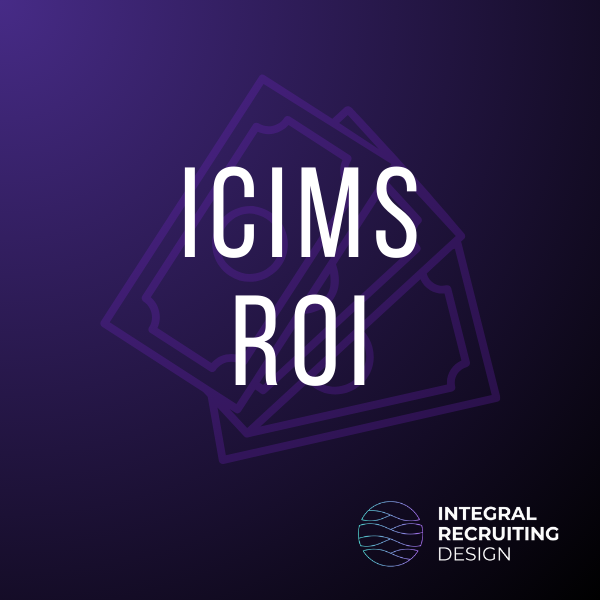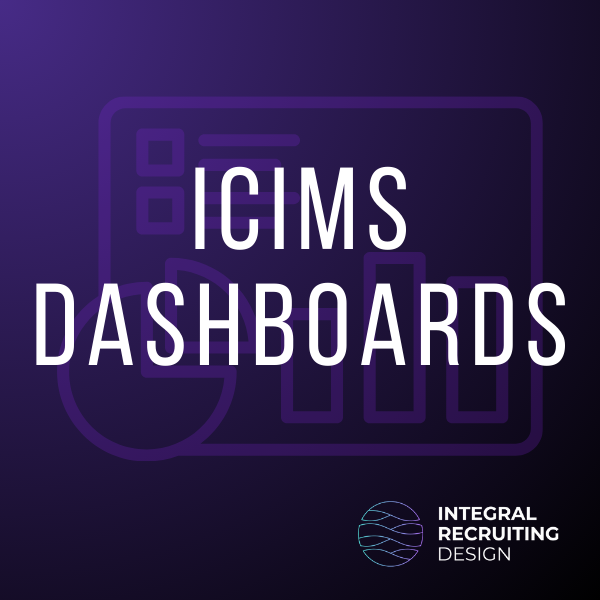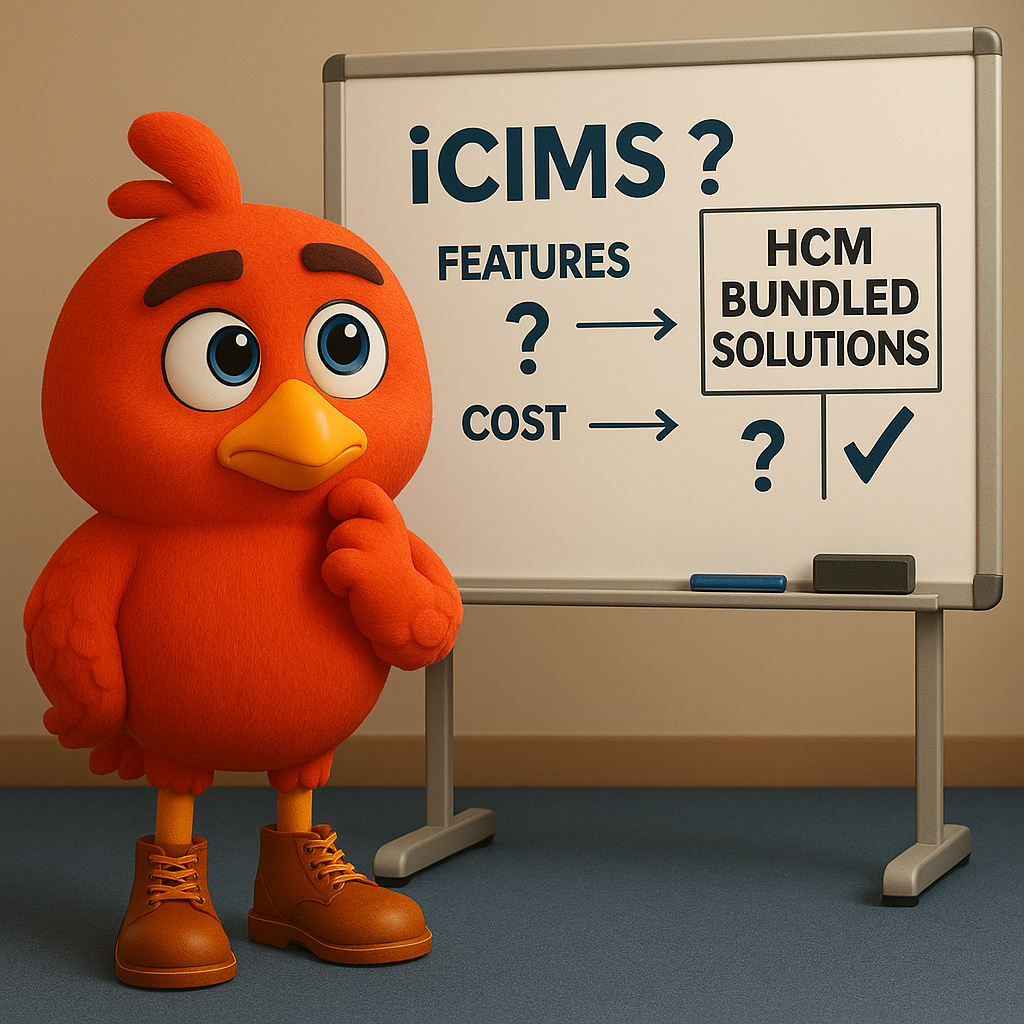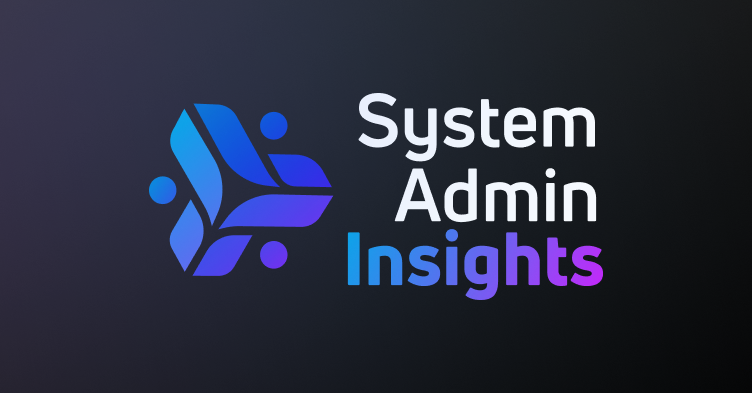There Are Stupid Questions — That’s What AI Is For
I almost emailed my accountant the other day.
The question was whether I could expense a lunch I took myself out to—just me, no client, no meeting—during business hours. I wasn’t traveling. I wasn’t entertaining. I was just hungry and didn’t want to eat sad leftovers at my desk.
I opened the email draft. Typed a few words. Then stopped.
This was a stupid question.
Not in a shame-on-me way. Not in a “you should know this by now” way. But in the sense that it simply didn’t rise to the level of interrupting another professional’s day. My accountant is brilliant. His brainpower should be spent on strategy, tax planning, and helping people make smart decisions. Not ruling on the tax deductibility of a solo panini.
So instead of bothering him, I asked ChatGPT.
Turns out, solo meals during the workday are sometimes deductible—if you’re traveling, or if you can clearly connect the expense to a business purpose. But if it’s just a Tuesday and you were craving something that wasn’t in a Tupperware? Probably not.
What mattered more than the answer, though, was the experience of asking.
It was quick. It was private. I didn’t have to do a 20-minute preamble or feel sheepish about not knowing. I just got to be curious.
This is where AI really shines.
It’s not just a search engine with flair. It’s a tutor for beginners. A confidence boost in the form of a tool. A space to ask the foundational, the basic, the slightly embarrassing questions that everyone has and no one wants to say out loud.
I’ve realized I do this constantly.
Every time I ask, “What does this acronym stand for?” or “What’s the difference between a webhook and an API call?” or “How should I price this service if I don’t know the hours yet?”—that’s me using AI as a crash mat. It catches me so I can keep climbing.
AI helps you go from 101 to 201. It doesn’t give you mastery. But it gives you momentum.
And here’s the deeper truth: at some point, you need more than momentum.
You need community. You need feedback loops. You need the thoughtful school teacher who slows things down and says, “Let’s walk through that again.” You need peers who’ve been there and can say, “Oh, I made that mistake—here’s what I wish I’d known.” You need someone who doesn’t just have the information, but the context.
That’s where real learning happens. Not just in the acquisition of facts, but in the way those facts start to shape your judgment.
AI doesn’t do that part. It can’t. But it makes it easier to get there, because it lowers the barrier to entry. It gives you a place to ask your “stupid” questions so you don’t stay stuck. It saves you from the paralysis of not knowing where to begin.
And when you do show up to the real conversations—with your accountant, your CTO, your community—you’re bringing better questions. Clearer thinking. More readiness to listen and absorb.
That’s a gift, not just to yourself, but to the people around you.
So no, I wasn’t just being cute about lunch. That moment reminded me how powerful it is to have a place to bring your questions, especially the ones you don’t want to admit you have. It reminded me that learning is layered—and sometimes, you just need a little nudge to move from silence to curiosity.
I believe in community. I believe in mentorship. I believe in asking better questions.
But I also believe that if your first question is, “Can I expense this sandwich?” you shouldn’t have to wait three days for someone to get back to you. You should be able to pull out your phone, type it in, get a decent answer, and move on with your life.
That’s what AI is for.
(Well, among other things…)




